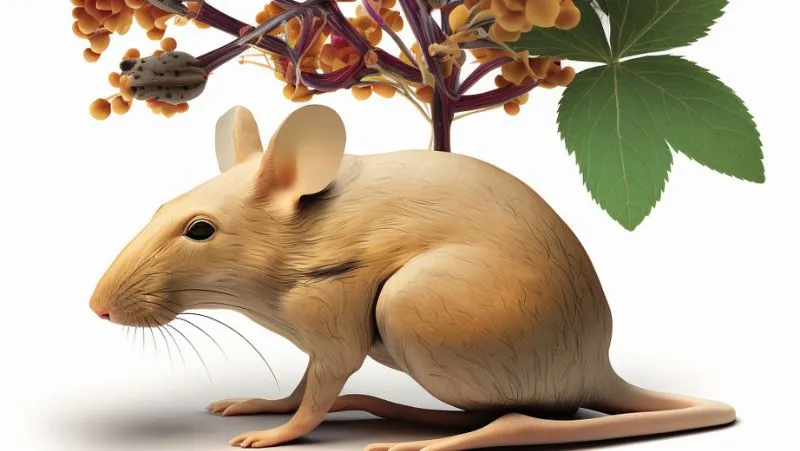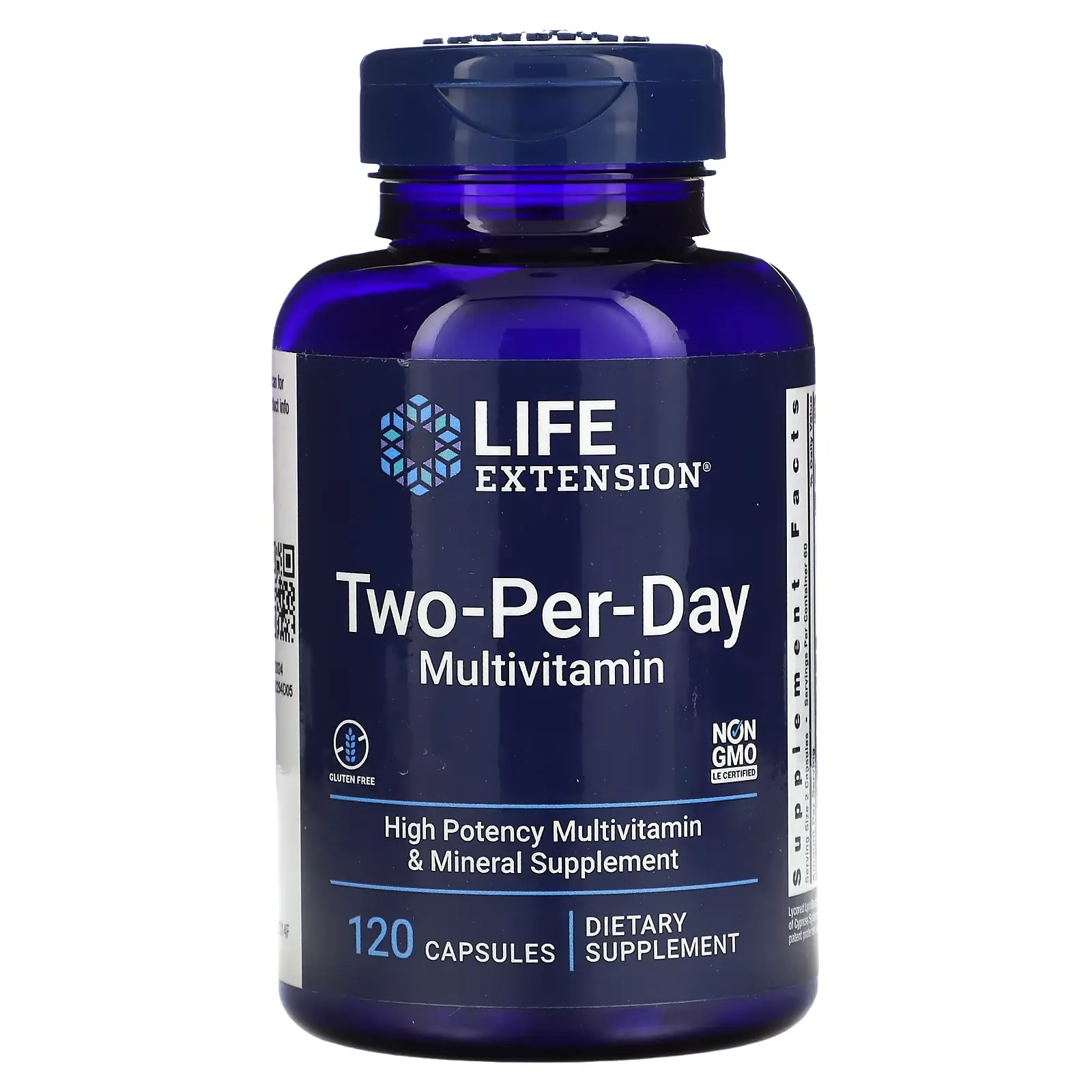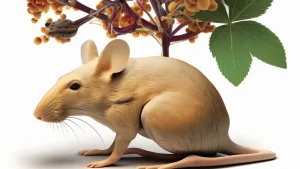Spoilers for this article
- Withania somnifera (ashwagandha (type of Indian cactus)) is an oxidation that causes neurological abnormalities in the brainstressIt was found to be effective against
- W. somnifera is an oxidizingstressin different parts of the brain and suppresses abnormalities caused bystressIt has the effect of restoring the marker.
- With the promise of efficacy in future clinical trials, W. somnifera is a promising natural treatment for many neuropathological conditions.
I'd like to know if there are any examples of natural therapies for treating neurological disorders."
."ashwagandha (type of Indian cactus)Brain oxidation ofstressI'm interested in the inhibitory effect of the
."ashwagandha (type of Indian cactus)We are examining the effects of"
This article is intended for people suffering from neuropathological conditions.
In the meta-analysis presented here, W. somnifera (ashwagandha (type of Indian cactus)) is the oxidation of the brainstressand has been shown to be effective in many neuropathological conditions.
- Brain Oxidationstress
-
A condition that causes damage to brain cells due to the production of excessive reactive oxygen species.
Reactive oxygen species, when present in necessary amounts, are essential for biological phenomena in the body, but when produced in excess, they can cause cellular dysfunction and death.
Brain Oxidationstresshas been implicated in the development and progression of diseases such as neurodegenerative disorders and stroke.
ashwagandha (type of Indian cactus)is expected to be effective in clinical trials and is a must for those interested in natural treatments.
What is ashwagandha in the first place?

ashwagandha (type of Indian cactus)(scientific name: Withania somnifera Dunal) has been used for thousands of years in Ayurveda, the traditional medicine of India, to treat both physical and mental health problems.stressThe herb has been used as an effective medicine, tonic, and even aphrodisiac.
Nowadays, the effectiveness of these products has been proven by modern science through various clinical studies, and they are attracting attention.
The fruit is an evergreen shrub of the eggplant family. The name comes from the horse's (ashwa) smell (ganda).
Some say it is named after the robust vigor of horses.
▼Recommended Articles

Introduction.
First, we would like to inform you of the purpose and methodology of the study we present here.
The study presented here: brain oxidation in rodents.stressWithania somnifera in neurobehavioral disorders due toashwagandha (type of Indian cactus)) effects: a systematic review and meta-analysis

Purpose of the Study
The purpose of the present study was to determine the efficacy of a traditional Ayurvedic medicine for neurological disorders, Withania somnifera (ashwagandha (type of Indian cactus)The goal was to scientifically elucidate the protective effects of
Specifically, W. somnifera isRat brain oxidationstressWhat impact does this have on neuropathology due tothrough a systematic review and meta-analysis.
- Systematic Review
-
A method of collecting, evaluating, and analyzing existing research on a specific topic and summarizing the results.
The five steps are formulation of the research question, literature search, evaluation, analysis, and reporting of results.
The purpose is to help with comprehensive understanding and planning new research.
- Meta-analysis (meta-analysis)
-
A method of analyzing the results of multiple studies in an integrated manner and using quantitative methods to calculate estimates.
It is done as part of a systematic review and allows us to examine the reliability and consistency of the study.
This allows for more accurate results.
method
W. somnifera oxidizes rat brainstressBrain oxidation of W. somnifera using electronic databases to determine if it is effective againststressLiterature was collected on the effects on induction.
."ashwagandha (type of Indian cactus)×x The brain of a rat.stressSo you examine every single piece of information on the subject of
A systematic review of neurobehavioral parameters was then conducted.
Oxidation of Rat BrainstressA meta-analysis of the effect of W. somnifera on markers was performed.
- stressmarker
-
BodystressA substance or indicator of physiological or biochemical changes that reflect a condition.
Blood.cortisoland adrenaline, immune system cells and cytokines are typical examples.
These measurements are,stressEvaluation of reactions and,stressThis is useful for studying the health effects caused by
Oxidative stress markers in rat brain
- superoxide dismutase
- catalase
- glutathione peroxidase
- glutathione
- lipoperoxidase
- nitrite
- protein carbonyl
- AchE
- ChAT
- Ach
The data was then analyzed using Review Manager software.
- Review Manager
-
Software for conducting systematic reviews and meta-analyses.
The software makes the process of literature search, selection, evaluation, data extraction, data analysis, and report generation efficient and accurate. It also facilitates collaboration and management of multiple reviews.
results (of a study)
Results based on study selection criteria
Based on the study selection criteria, 28 references were collected.
These references are based on the fact that W. somnifera has differentOxidation of the rodent brain induced by physical and chemical stimulistressSuppresses neurological abnormalities caused byIt shows that
These studies suggest that W. somnifera (ashwagandha (type of Indian cactus)) was found to significantly improve symptoms of neuropathology.
Suppression by Withania somnifera
W. somnifera is,Oxidation in the rat brainstressSignificantly reduce the impact of neuropathology caused byWe found that
This is because W. somnifera has been shown to cause neuropathology through physical or chemicalstressThis suggests that it is effective against
Also, that it is basically effective with mice,Possibly effective for humans as wellis expected to be
Effect of Withania somnifera on recovery of stress markers
W. somnifera has been found in different regions of the rodent brain to have oxidativestressMarkers can be significantly recovered.
W. somnifera is a member of thestressIt has been scientifically proven that it is possible to recover markers.
These results are consistent with those of W. somnifera (ashwagandha (type of Indian cactus)) is oxidizedstressEffective forantioxidantThis suggests that it is
By W. somniferastressFor more information on the recovery effects of markers, see the table below.
| test | stressMarker Type | Recovery Effects |
|---|---|---|
| Test 1 | superoxide dismutase | significance |
| Test 2 | catalase | significance |
| Test 3 | glutathione peroxidase | significance |
| Test 4 | glutathione | significance |
| Test 5 | lipoperoxidase | significance |
| Test 6 | nitrite | significance |
| Test 7 | protein carbonyl | significance |
| Test 8 | AchE | significance |
| Test 9 | ChAT | significance |
| Test 10 | Ach | significance |
Conclusion.
How was it? I would like to conclude this article by summarizing this article.
Scientific Basis for Traditional Use of Ashwagandha for Neurological Disorders
A systematic review of this study revealed that W. somnifera (ashwagandha (type of Indian cactus)has been shown to be scientifically supported by the traditional methods used to treat neurological diseases.
These studies have shown that W. somnifera causes neural abnormalities in the brain through oxidativestressIt was found to be effective against
ashwagandha (type of Indian cactus)has been used since ancient times to treat neuropathological diseases, and the scientific evidence supports why.
This kind of research,ashwagandha (type of Indian cactus)This has been done in a number of cases, not only in
Need for future clinical trials
This study on the efficacy of W. somnifera on the brain,Further clinical trials are neededThis suggests that it is
Clinical trials are,ashwagandha (type of Indian cactus)is necessary to ensure that it is an effective treatment in humans as well.
Trials such as this one can clarify the therapeutic efficacy and safety of W. somnifera.
By future research,ashwagandha (type of Indian cactus)The following two points are expected of
What to Expect from Ashwagandha Research
- ashwagandha (type of Indian cactus)is effective against more neuropathological conditions or not
- If effective, and that the treatment mechanism be elucidated in detail
Based on the conclusions of this study, W. somnifera,Promising Natural Treatments for Neuropathological Diseases of the BrainIt has been suggested that this is the case.
However, future clinical trials are still needed to establish the therapeutic efficacy of W. somnifera.
That's all for this article. Thank you for reading to the end.
Disclaimer
This site is primarily intended toashwagandha (type of Indian cactus)to provide information about the results of the study and not to provide medical advice.
It is not intended to diagnose, treat, or prevent any specific disease or condition.
Always follow professional advice when using the information on this site.
We also cannot be held responsible for any loss or damage that you may suffer as a result of acting on the basis of the information on this site.
Use of AI in Content Generation
This website uses AI-based automatic generation for some content.
The information generated by this automatic generation is checked against actual references and articles, and great care is taken to ensure accuracy and reliability.
It is also intended to enhance the transparency and credibility of this site by appropriately disclosing content created through automatic generation.
We believe that this site can provide richer and more useful content through automation and AI-based content creation, which will enable us to provide information more quickly and accurately.




